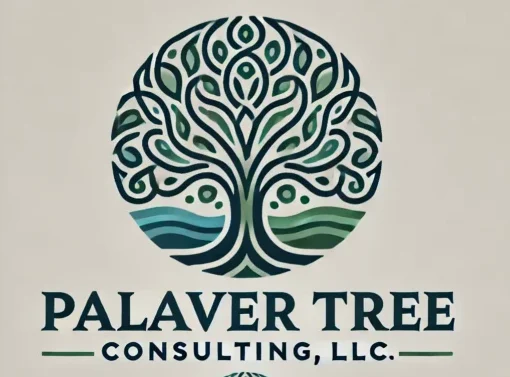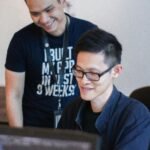Enhancing Youth Development Through Strategic Consulting
Strategic consulting plays a vital role in enhancing youth development by offering tailored solutions designed to address the unique challenges faced by today’s young individuals. One of the primary areas of focus for consultants is the promotion of critical thinking skills, which are essential in navigating the complexities of modern society. By implementing targeted programs that build these skills, consultants provide youths with the tools necessary to engage with diverse perspectives and solve problems effectively.
To better understand the needs of youth, consultants often perform detailed assessments that take into consideration the socio-economic and cultural backgrounds of the individuals involved. This holistic approach ensures that strategies are not only relevant but also resonate with the experiences of young people. Additionally, strategic consulting involves the design of workshops, seminars, and mentorship programs that foster an enriching learning environment. These initiatives encourage collaboration among peers, enhancing social skills and emotional intelligence—which are crucial components of personal development.
Moreover, the agility of strategic consulting allows for the continuous evaluation and enhancement of youth programs. Consultants regularly gather feedback and data to fine-tune their approaches, adapting to new challenges and changing educational landscapes. This adaptability is essential for ensuring that programs remain effective and aligned with the needs of the youth they aim to serve.
Through a comprehensive and customized strategy, consulting firms can effectively empower youth, providing them with significant opportunities for growth. By investing in this form of consulting, communities can create lasting impacts that not only influence individual young lives but also elevate the overall future potential of society as a whole. As these young leaders develop critical skills and gain confidence, they become equipped to contribute meaningfully to their communities and drive positive change.
Engagement Strategies for the Modern Youth: Fostering Critical Thinking
Engaging the modern youth in their educational journey requires innovative strategies that foster critical thinking and active participation. Traditional methodologies often fall short in addressing the unique needs and interests of today’s students, prompting educators to explore a variety of engagement strategies that promote problem-solving, collaboration, and creativity. These strategies aim to create an environment where students feel empowered to contribute their ideas, collaborate with their peers, and challenge existing concepts critically.
One effective approach is project-based learning (PBL), which encourages students to investigate real-world problems, formulate questions, and develop solutions in a collaborative setting. By working in teams on projects relevant to their communities, students not only enhance their critical thinking skills but also foster teamwork and communication abilities. For example, a case study involving high school students designing a sustainable garden enabled them to evaluate environmental issues, conduct research, and present their findings, leading to a deeper understanding of ecological responsibility.
Another innovative method is the integration of technology in classrooms. By utilizing digital tools and platforms, educators can facilitate interactive learning experiences that resonate with tech-savvy youth. Gamification, for instance, transforms lessons into engaging challenges that require analytical thinking and strategy. A notable example is a coding boot camp that enabled participants to solve complex puzzles, fostering both critical thinking and digital literacy skills.
Moreover, inquiry-based learning (IBL) encourages students to ask questions, investigate answers, and reflect on their learning processes. This approach nurtures their curiosity and drives them to engage deeply with the material. A study involving elementary students who explored local history through research projects revealed significant improvements in critical thinking capabilities and a heightened sense of ownership over their learning journey.
These engagement strategies not only enhance educational outcomes but also prepare the youth for a rapidly changing world. By fostering critical thinking through collaborative and innovative educational methodologies, we equip the next generation with the tools necessary to navigate complex challenges effectively.



